A full-scale war between Israel and Hezbollah now seems closer than at any point since October 7. Recent escalations, including the killing of twelve Druze children by a Hezbollah rocket and the assassination of the organization’s armed forces commander, mean that war is now a more likely scenario.
A war in Lebanon would look very differently to the war in Gaza. Hezbollah has always been bigger and more powerful than Hamas. Much of Hezbollah’s extensive weapons come from Iran. According to Israel’s Institute for National Security Studies, these include long, medium and short-range precision missiles, more than 150,000 rockets, anti-aircraft and anti-ship missiles, and drones used for reconnaissance and attacks. Its tens of thousands of troops (estimated range between 70,000-100,000) have gained valuable experience fighting in Syria.
These are enough to try overwhelm Israel’s defense systems from attacks on civilian population, military bases and critical infrastructure. So far, attacks have been mostly limited to northern Israel. In a full-scale war, missiles could reach central Israel, which is densely populated. If a war breaks, it’ll be the IDF’s priority to reduce Hezbollah’s ability to fire into Israel. However, unlike in Gaza, where Hamas went below ground and its ability to fire rockets and missiles was quickly compromised, in Lebanon this would be much more difficult to achieve, because of its size and the locations of Hezbollah’s weapons arsenals.
Although Hezbollah is a political party with seats in the Lebanese parliament, Israel will probably limit its fighting to Hezbollah, not the state of Lebanon (although Lebanese infrastructure and airports will be hit), and will take measures to reduce harm to the civilian population.
This could also quickly escalate into a multi-front war. Pro-Iranian militias in Syria and Iraq will attack Israel (and possibly also target American forces in Iraq). The Houthis would escalate their attacks on Israel. Turkey said it would support Hamas by providing weapons and drones, and Iran would launch fresh attacks on Israel or on international Jewish targets. Iran has also been getting weapons into the West Bank.
In this nightmare scenario, Israel would fight a large scale war in seven fronts
In this nightmare scenario, Israel would fight a large scale war in seven fronts. It could cause unprecedented levels of destruction and casualties, and they will need help from allies, including the UK and US, as well as local allies like Jordan.
Israel’s experience fighting Hezbollah in Lebanon isn’t encouraging. If the Israeli government doesn’t decide on clear and achievable targets, this could evolve into a war of attrition, much like what happened after the first war in Lebanon. The war ended in 1985, after which Israel kept forces in south Lebanon in order to keep terrorists away from the border. This led to nearly fifteen years of attritional war that has claimed the lives of over 400 Israeli soldiers. During this time, Hezbollah has become increasingly stronger and more sophisticated — although the withdrawal of forces in 2000 led to a substantial boost in the organization’s capabilities.
The war’s repercussions will be seen on our streets, too. The lies and poison machine that has been spreading disinformation and propaganda since last October, that dehumanizes and demonizes Israelis and Jews, and fueled the rise in antisemitism and in violence, will continue to operate. This will amplify community tensions and encourage more mass protests against Israel. Growing criticism of Israel might also affect the government’s policy towards its ally, which has already started to shift.
Although the prospects of a full-scale war are frightening, the threat posed to Israel by Hezbollah is so great, that it will have to be confronted. This can either be done by military means or diplomacy. So far, diplomatic efforts have failed. If a war breaks, Benjamin Netanyahu will be wise to keep the war’s aims limited to the immediate threat rather than a vague target of destroying Hezbollah. Clear, narrowly-defined goals will be the best way to keep the war short and contained. However, if attacks will result in mass Israeli casualties, this would be hard to do.
This article was originally published on The Spectator’s UK website.



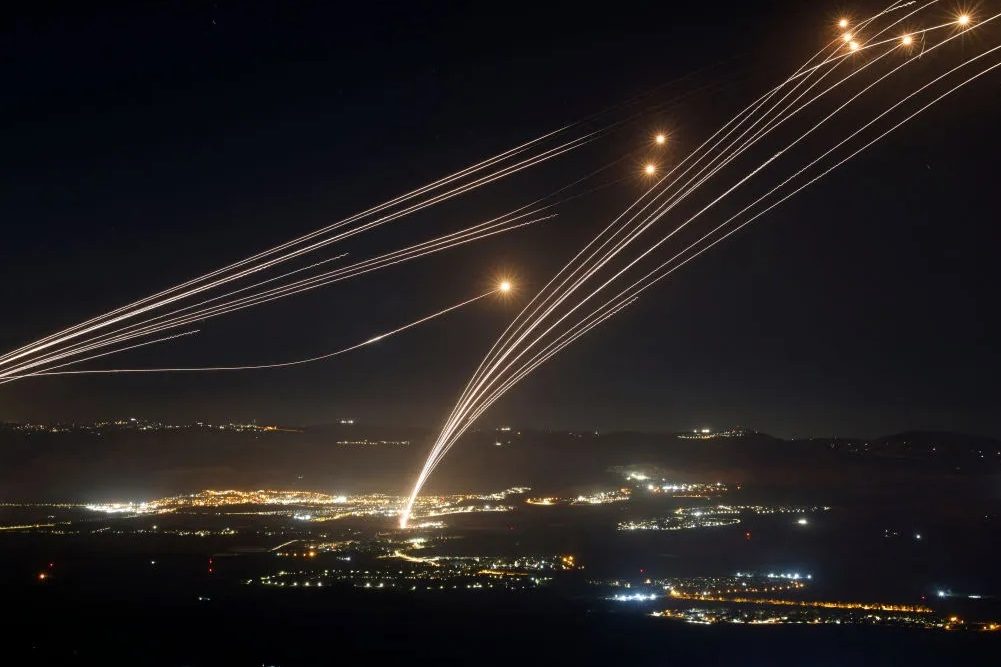








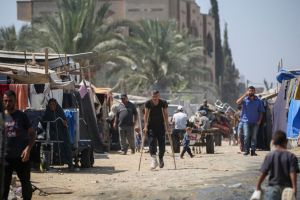

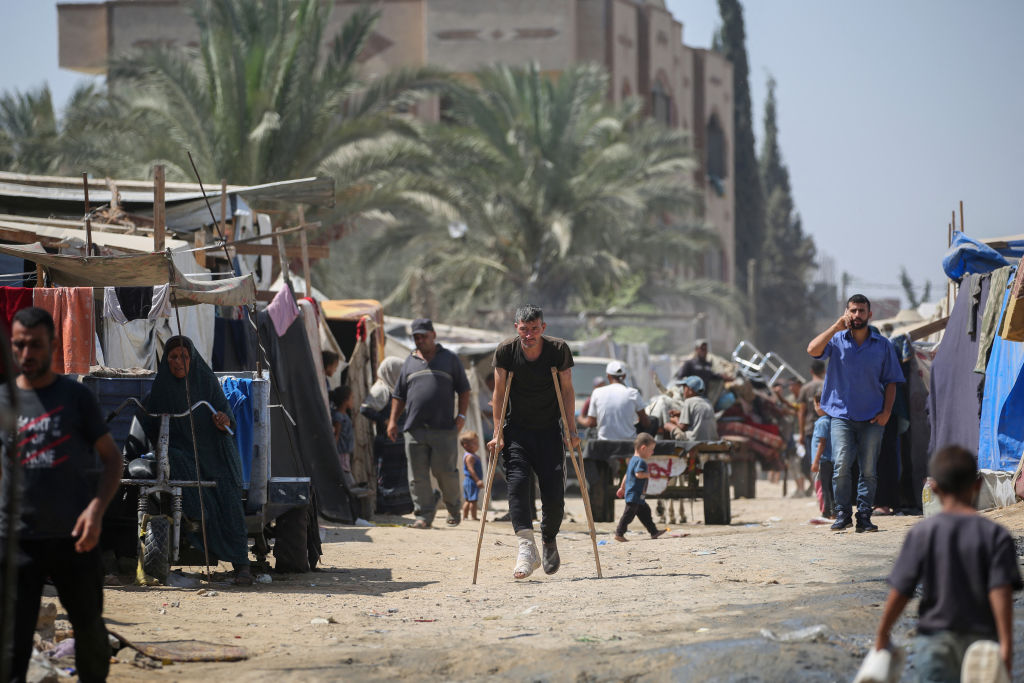

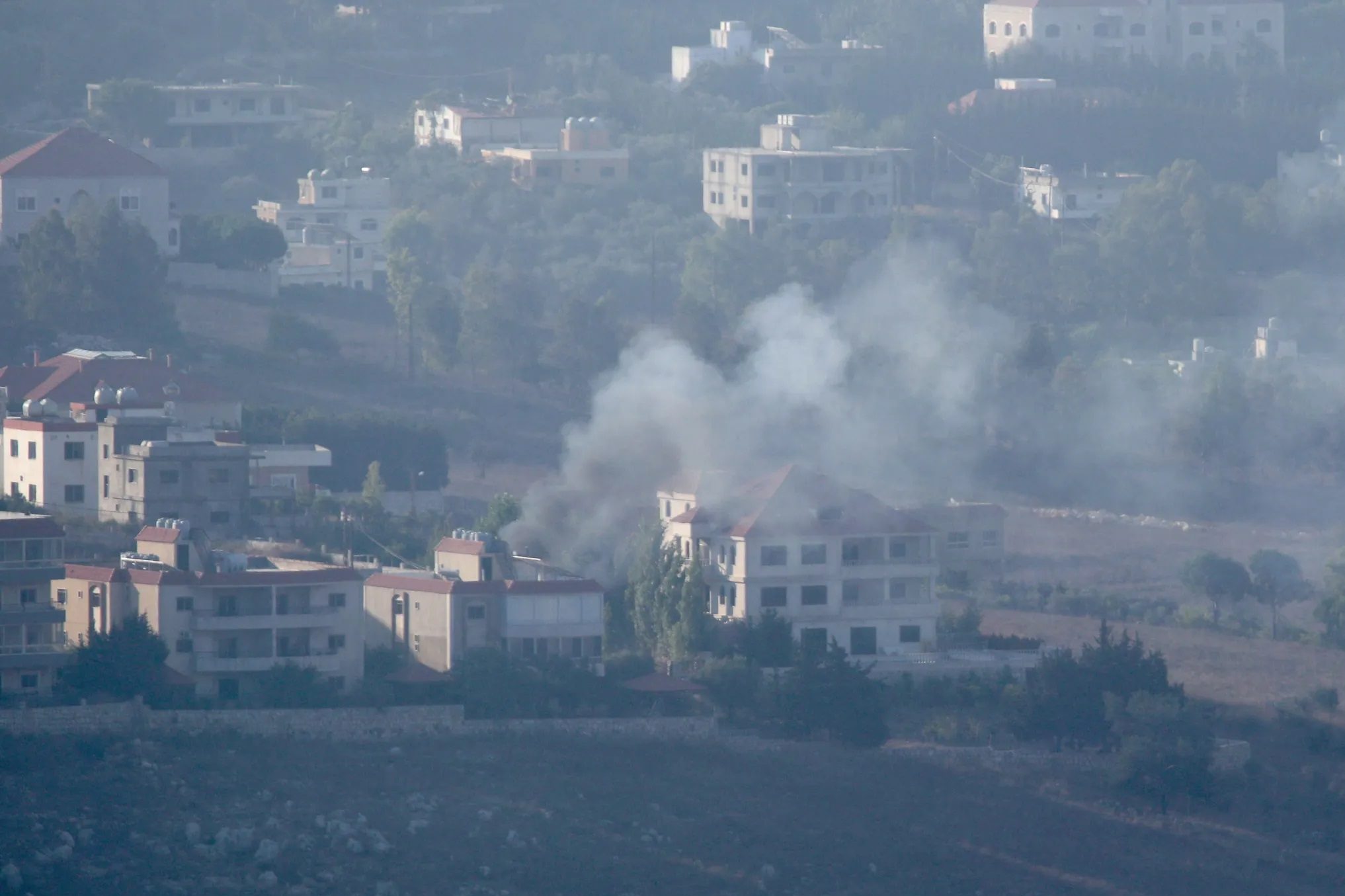
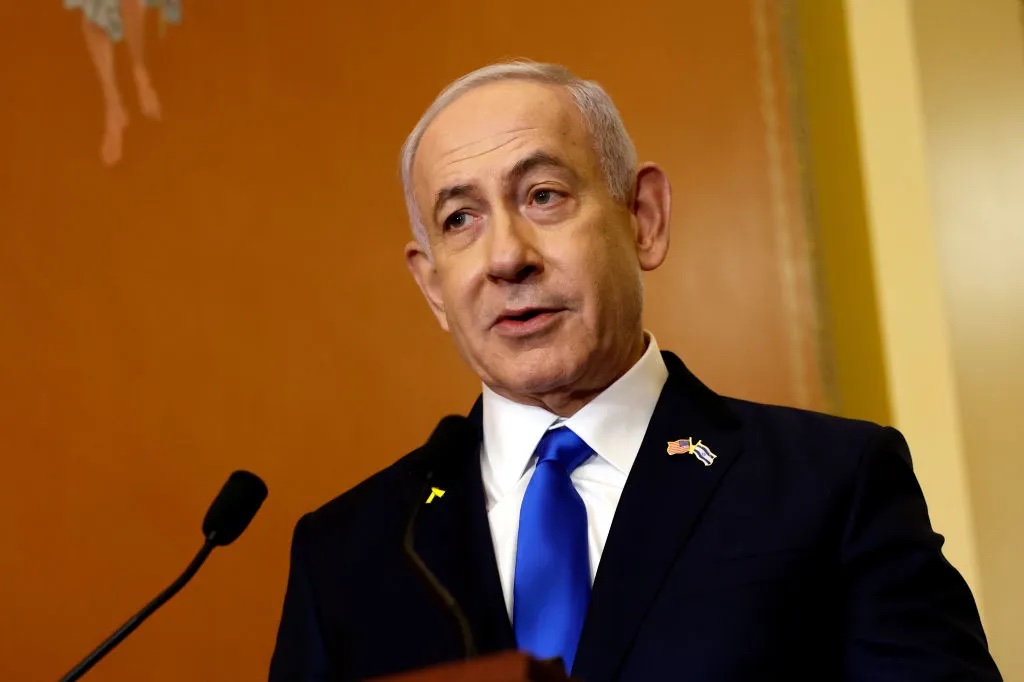








Leave a Reply